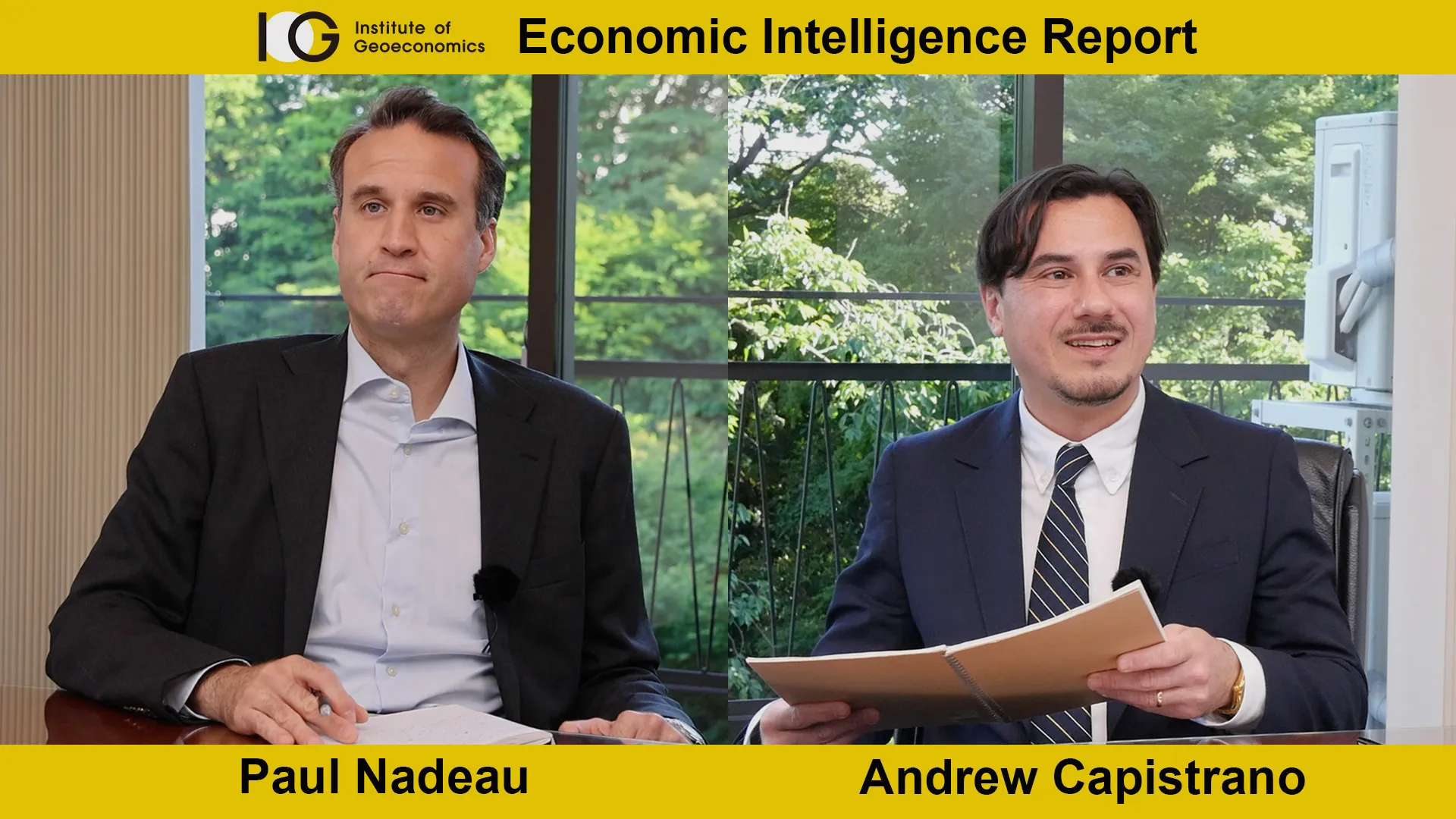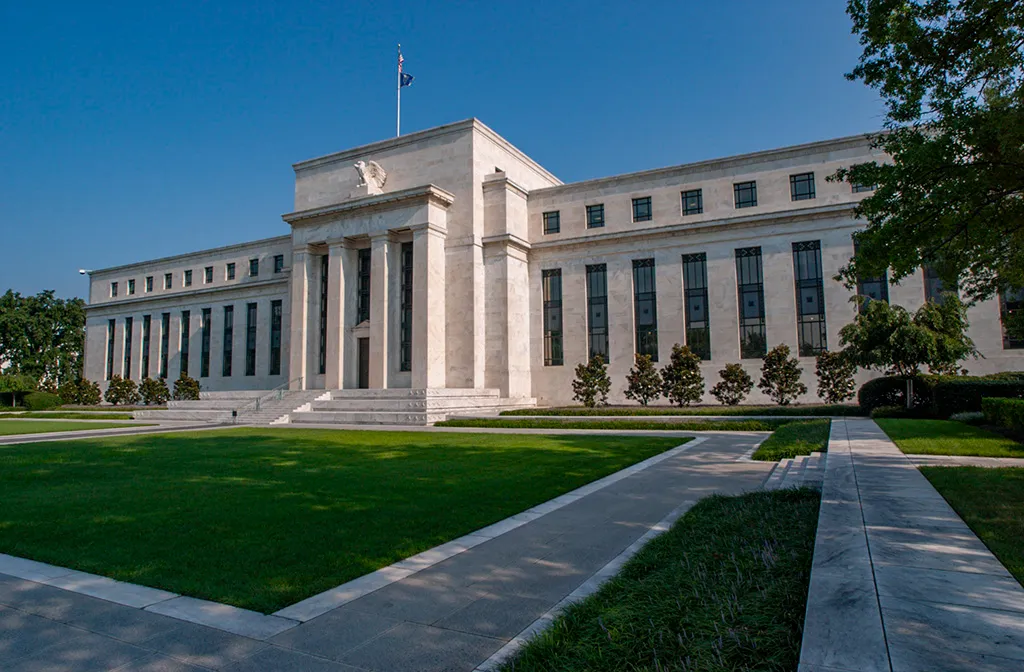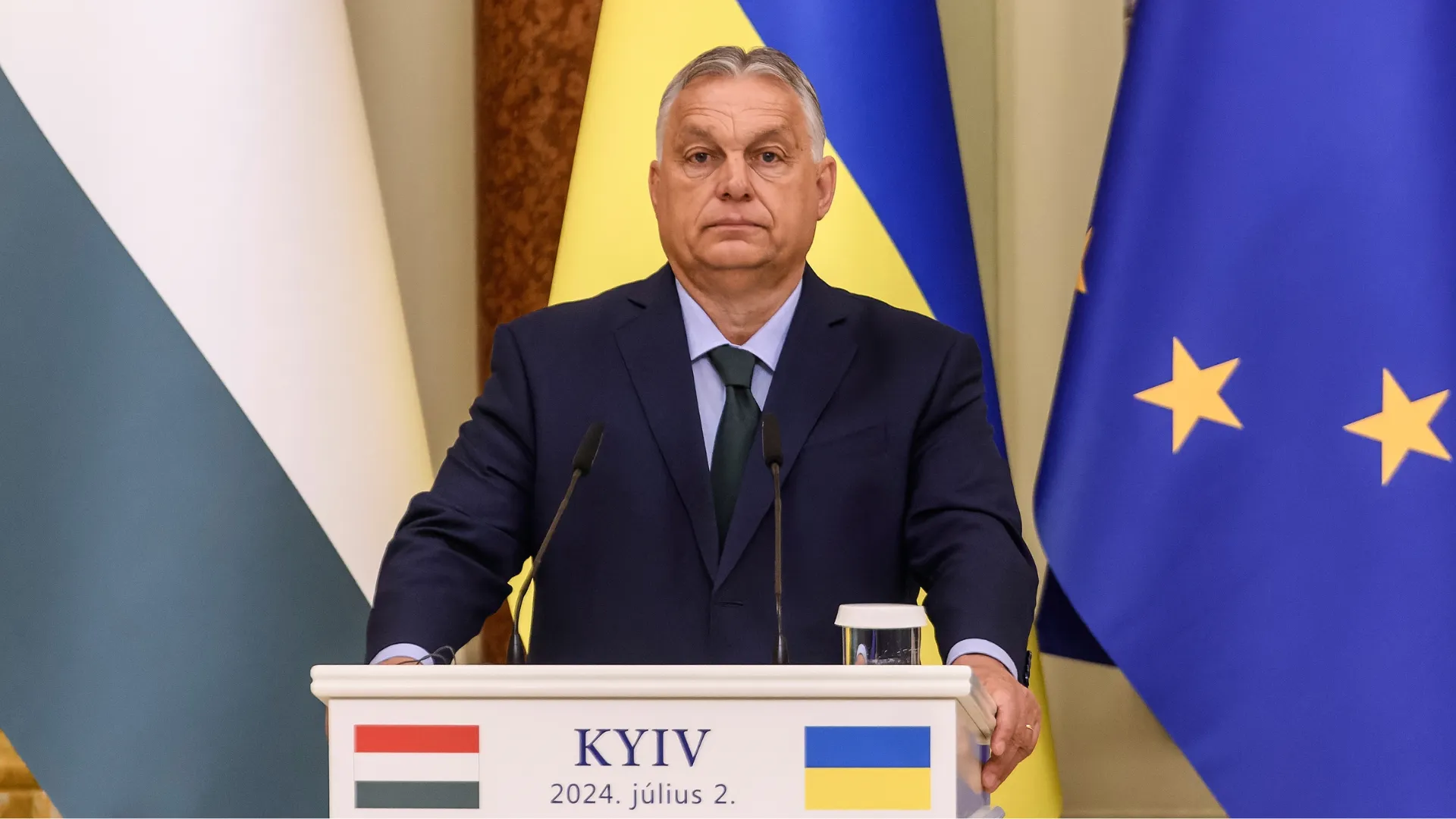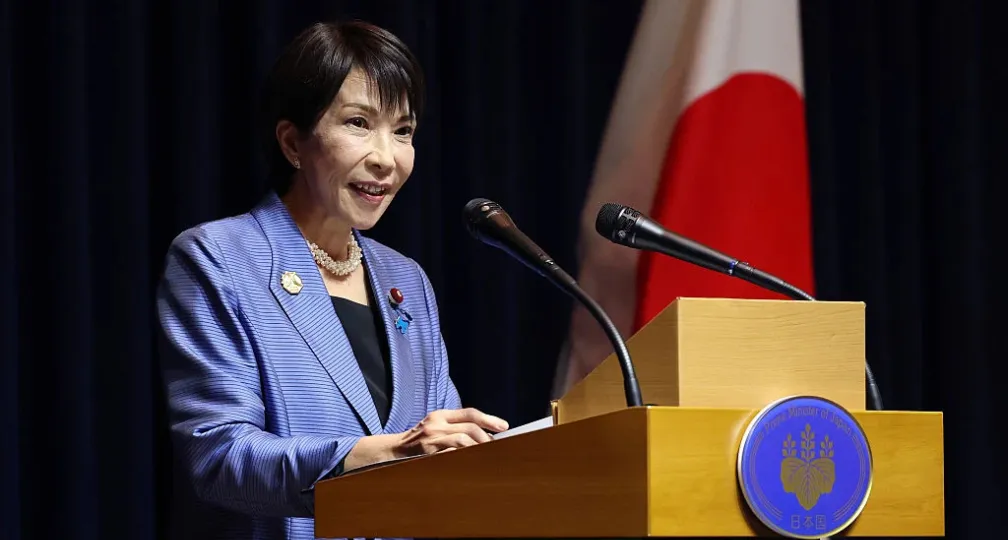IOG Economic Intelligence Report (Vol. 3 No. 1)

The latest regulatory developments on economic security & geoeconomics
EU, U.S. Declare Steel Truce: The European Union and the United States failed to reach an agreement on their dispute over U.S. tariffs on steel imports from the EU, and have instead agreed to continue the “pause” on mutual tariffs until 2025. This means that the United States will not impose tariffs of 25 percent on EU steel and 10 percent on EU aluminum while the European Union will not impose retaliatory tariffs on products like whiskey, motorcycles, and power boats. The delay gives both sides more than a year to reach a permanent agreement, with the Biden administration expressing hope of creating a system that can address overcapacity in the steel industry and less carbon-intensive industry practices.
Nippon Steel Offers to Acquire U.S. Steel: Japan’s Nippon Steel reached an agreement to acquire U.S. Steel for $14.9 billion that was announced on December 18. The proposed deal, which requires U.S. regulatory approval from the Committee on Foreign Investment in the United States (CFIUS), has drawn significant bipartisan scrutiny in the United States. Republican Senators J.D. Vance (R-OH), Josh Hawley (R-MO), and Marco Rubio (R-FL) objected to the proposed deal on the grounds that steel production is a national security interest, while Democratic Senators Sherrod Brown (D-OH), John Fetterman (D-PA), Bob Casey (D-PA), and Joe Manchin (D-WV) have also expressed opposition out of concern of what the deal may mean for union workers (Nippon Steel has expressed its intention to commit to honoring all union contracts). The Biden Administration has said that the deal deserves “serious scrutiny”, and supports a “careful review” by CFIUS.
U.S.-UK Agreement Shelved: The United States has shelved plans for a trade agreement with the United Kingdom following Senate opposition, according to Politico. Similar to the Indo-Pacific Economic Framework (IPEF) whose trade pillar was shelved in November, the proposed agreement would not consider market access or meet the World Trade Organization’s definition of a trade agreement. A spokesperson for Senator Ron Wyden (D-OR), chair of the Senate Committee on Finance which has jurisdiction on trade issues, said that Congress “must have a clear role in approving any future trade agreements” and that he “believes it is important for USTR to be significantly more engaged with Congress on any future negotiations.”
China Reimposes Tariffs on Coal Imports: China has restored coal tariffs from the beginning of the year. The tariffs were initially implemented following Russia’s invasion of Ukraine as China sought to protect its energy imports from global supply risks. While the initial suspension led to a surge of coal imports from Russia, China has shifted its policy to protect domestic mining companies after a glut of overproduction. The move would be a blow for Russia, as it would have to significantly drop prices on its coal exports to maintain the same volume, while imports from suppliers Australia and Indonesia would not be effected because of the trade agreements both countries have with China.
Analysis: Geoeconomics Needs a Positive Vision
It’s easy to find pessimism. Most articles on the prospects for trade policy in the coming year use ominous wording like “Volatile year ahead ”. They’re not wrong – between extreme weather driven by climate change, a full plate of significant and violent global crises, and a series of elections in some of the world’s biggest economies, there’s a lot to worry about.
Compounding these worries is the fact that decisionmakers in many countries seem to be less interested in global economic connectivity and more interested in policies that focus on their own domestic economies. Governments, particularly the United States, have become much better and much more sophisticated at using economic tools to achieve geopolitical or strategic goals. Research is also showing how large network nodes like the United States are able to exploit its position in global networks for a strategic or even commercial advantage. Finally, there’s the ongoing concern about the future of China-U.S. relations, and while both sides have worked to establish guardrails on their relationship, the essential tensions remain. In the big picture, it’s unusual for an international order to last more than seventy years and the world is obviously a much different place in 2023 than it was in 1950 or even in 1992. These trends, taken together, seem to reveal the fraying of the postwar liberal economic order and post-Cold War globalization.
It’s a depressing picture that needs to be reckoned with, but the discussion around global governance and economic statecraft would benefit with a lot less emphasis about what’s wrong with the system and a much bigger emphasis on what can be built instead. The idea that there’s a choice between security or resiliency and welfare, like many decisionmakers are now insisting, is a false choice. Most everyone who thinks about economic statecraft understands that when the rules-based liberal order is described as a “postwar” order, the “war” in question is World War II. It’s not just a chronological marker, but reflects the efforts of those who lasted through the war to design a system that could prevent another catastrophe like the one they just survived. A big reason why the 2008 Financial Crisis was not even worse is because key stakeholder governments were able to cooperate amidst the crisis. But the lesson that economic cooperation and a positive, system-building approach to global economic governance can not only work but also contribute to security is something that seems solidly out of fashion at the beginning of 2024.
The simple explanation is that no one has an incentive to offer a positive vision – the United States is deeply entrenched in the status quo for obvious reasons, the ability to leverage its position as a network node is too enticing to give up, and an election year means that the Biden administration will be circumspect about anything related to international economics unless it plays in trade-skeptical Rust Belt states. China, the European Union, and Japan are all focused on domestic issues in each of their own ways. Most other states might like to see a shift in global governance but don’t offer the economic or political heft to make much of a difference outside of their immediate neighborhoods.
In other words, 2024 and the global wave of elections coming with it is the wrong year to ask whether leaders can stick their neck out on global governance because most of them are going to be worried about their own jobs first and foremost. Besides, policy is a grind and it takes time to develop a vision, build consensus, and implement something tangible, so any push towards building a positive vision of economic governance isn’t something that can happen overnight. While the WTO ministerial is scheduled for February 2025, it’s unlikely to offer much in terms of a way out of the current institutional stagnation.
The good news is that the system might not be as broken as it might look. Generally speaking, countries basically agree that economic governance should be rules-based and institution-driven and disagreements are more on the form that rules should take how the institutions should be governed. These aren’t insignificant issues to disagree on and even a cursory look at the history of these things shows that such discussions can certainly be contentious, but at least there’s a basic starting point. It’s not new that governments would exploit advantages for economic or strategic gain (even if it’s contradictory to the economic order that they claim to uphold). A lot of the apparent alternatives from the Global South aren’t actually alternatives but efforts to seek greater voice and more equity in the system. The degree of consensus might not be enough to lead to a new Bretton Woods Agreement or a new set of international institutions like the ones that proliferated after World War II, but it also doesn’t have to – it’s enough to find ways to maintain connectivity while maintaining resilience. For example, the drive to reorganize supply chains and “friendshoring” more generally could be buttressed by agreements on market access or liberalizing intellectual property rules or migration.
Cynics will correctly point out that this isn’t where the political energy is being directed, but the ways in which this energy is expended is a choice, not a fait accompli. Cynics could also say that the political costs to integration are too great, but there are real costs to the current direction too. According to a paper from the International Monetary Fund, policy efforts to increase barriers to exchange would set the global economy back by as much as 7 percent, similar to the drop that came with the COVID-19 pandemic. Most everyone would probably agree that economic stability is preferable to the chaos of the pandemic years, but stability in the long term is underwritten by the work done in the short- to medium-term. So who’s going to do that? Because if no one steps up, we may soon discover that the only thing worse than a liberal international order is its absence.
Disclaimer: The views expressed in this IOG Economic Intelligence Report do not necessarily reflect those of the API, the Institute of Geoeconomics (IOG) or any other organizations to which the author belongs.
API/IOG English Newsletter
Edited by Paul Nadeau, the newsletter will monthly keep up to date on geoeconomic agenda, IOG Intelligencce report, geoeconomics briefings, IOG geoeconomic insights, new publications, events, research activities, media coverage, and more.


Visiting Research Fellow
Paul Nadeau is an adjunct assistant professor at Temple University's Japan campus, co-founder & editor of Tokyo Review, and an adjunct fellow with the Scholl Chair in International Business at the Center for Strategic and International Studies (CSIS). He was previously a private secretary with the Japanese Diet and as a member of the foreign affairs and trade staff of Senator Olympia Snowe. He holds a B.A. from the George Washington University, an M.A. in law and diplomacy from the Fletcher School at Tufts University, and a PhD from the University of Tokyo's Graduate School of Public Policy. His research focuses on the intersection of domestic and international politics, with specific focuses on political partisanship and international trade policy. His commentary has appeared on BBC News, New York Times, Nikkei Asian Review, Japan Times, and more.
View Profile-
 Fed-Treasury Coordination as Economic Security Policy2026.02.13
Fed-Treasury Coordination as Economic Security Policy2026.02.13 -
 Challenges for Japan During the U.S.-China ‘Truce’2026.02.12
Challenges for Japan During the U.S.-China ‘Truce’2026.02.12 -
 India and EU Sign Mother of All Deals2026.02.09
India and EU Sign Mother of All Deals2026.02.09 -
 Orbán in the Public Eye: Anti-Ukraine Argument for Delegitimising Brussels2026.02.04
Orbán in the Public Eye: Anti-Ukraine Argument for Delegitimising Brussels2026.02.04 -
 Trump, Takaichi and Japan’s Strategic Crossroads2026.02.03
Trump, Takaichi and Japan’s Strategic Crossroads2026.02.03
 Oil, Debt, and Dollars: The Geoeconomics of Venezuela2026.01.07
Oil, Debt, and Dollars: The Geoeconomics of Venezuela2026.01.07 Orbán in the Public Eye: Anti-Ukraine Argument for Delegitimising Brussels2026.02.04
Orbán in the Public Eye: Anti-Ukraine Argument for Delegitimising Brussels2026.02.04 When Is a Tariff Threat Not a Tariff Threat?2026.01.29
When Is a Tariff Threat Not a Tariff Threat?2026.01.29 It’s Now or Never: India’s Ambitious Reform Push2026.01.09
It’s Now or Never: India’s Ambitious Reform Push2026.01.09 A Looming Crisis in U.S. Science and Technology: The Case of NASA’s Science Budget2025.10.08
A Looming Crisis in U.S. Science and Technology: The Case of NASA’s Science Budget2025.10.08













